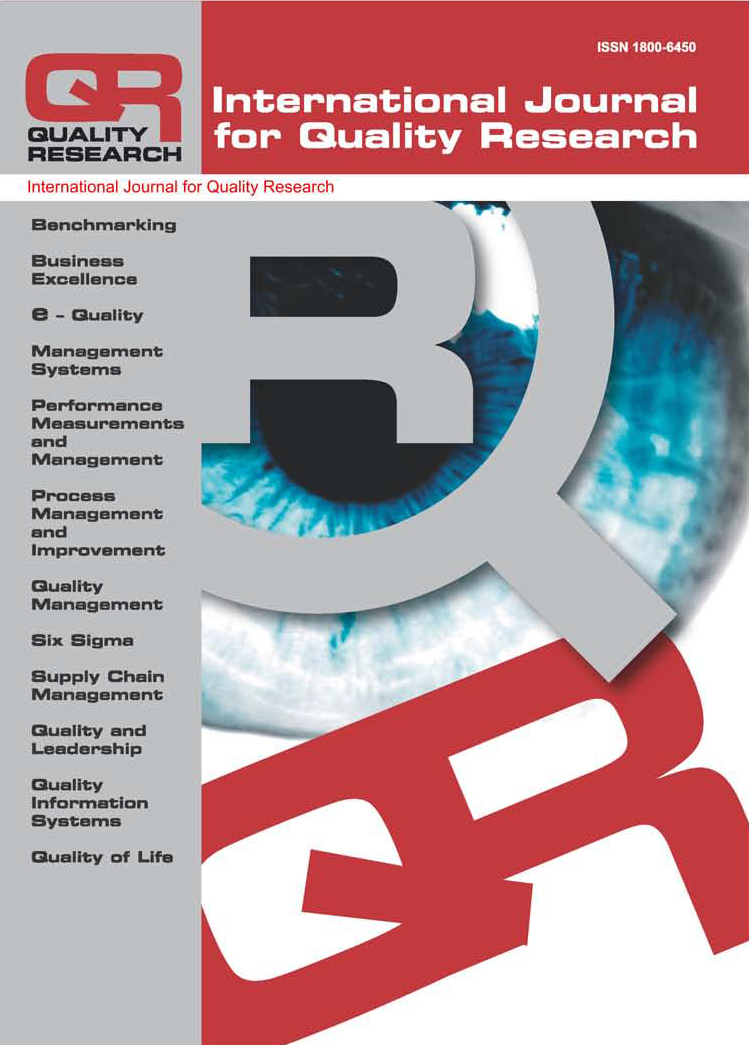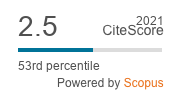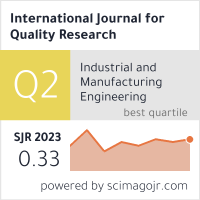THE SMART CITY CONCEPT IN RUSSIA: PROBLEMS OF TRANSITION AND HUMANIZATION OF THE DIGITAL ENVIRONMENT FROM THE PERSPECTIVE OF THE QUALITY OF PUBLIC ADMINISTRATION
Sergey K. Volkov,
Irina A. Morozova,
Elena A. Gladkaya,
Olga E. Akimova,
Irina M. Kuzlaeva
Abstract: The article provides a comprehensive possibility analysis of implementing the "smart city" concept in Russia and substantiates the pivotal role of the quality of public administration in this process. The purpose of this research is to assess the readiness of Russian regions to use "smart" technologies to solve the socio-economic problems of spatial development in the context of the "smart city" concept from the perspective of the quality of public administration. The research methodology includes neo-institutional and systematic approaches, as well as the analysis of the statistics and social research data. The research equally considers the theoretical and applied aspects of the presented article. The article reveals that the central role for successful implementation of the concept is played by the human capital and society's readiness to change, the infrastructure base, sustainable interaction of the state structures, the scientific and technical institutions, and entrepreneurship. Their successful management determines the quality of public administration. The contribution of the paper to academic literature consists in the substantiation of the pivotal role of a qualitative factor - the quality of public administration - in the factor system of creation and development of smart cities.
Keywords: The Smart City, The Digital Economy, The City Management, The Digital Technologies, Russia, Quality of Public Administration
DOI: 10.24874/IJQR17.02-06
Recieved: 25.01.2022 Accepted: 21.01.2023 UDC: 005.6
Reads: 1334 








